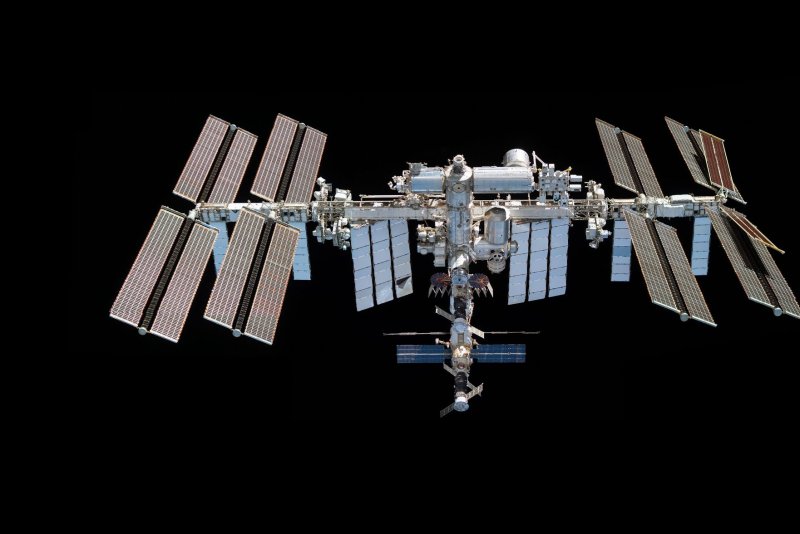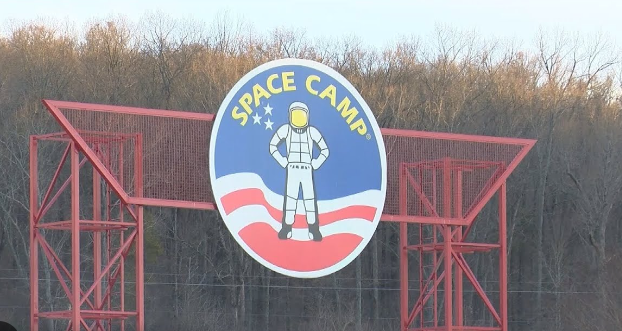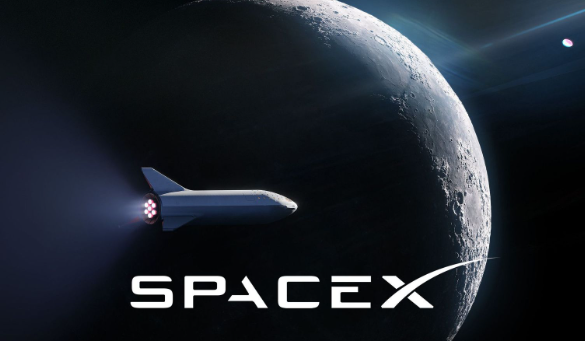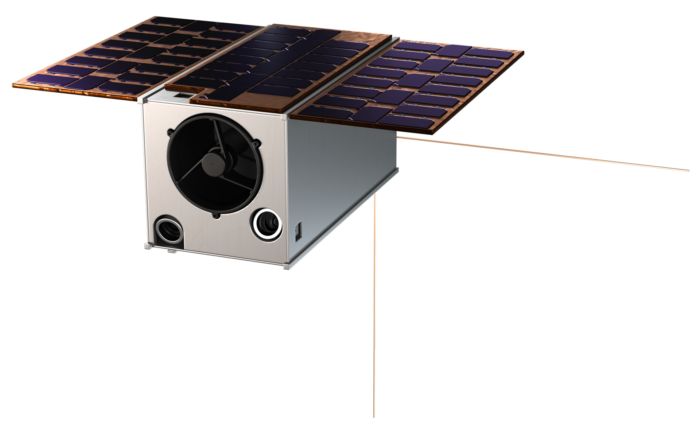Insider Brief:
- NASA is preparing for the return of multiple science experiments from the International Space Station.
- The experiments hope to further aid mankind’s future exploration of space.
- The items being ferried back to Earth include a special protective radiation vest, olive oil, and saturated tissues.
PRESS RELEASE — Jan. 6 (UPI) — NASA is preparing for the return of multiple science experiments from the International Space Station in the hopes they might further aid mankind’s future exploration of space.
A Dragon spacecraft that docked with the station on Nov. 27 is scheduled to return to Earth and splash down off the eastern coast of Florida on Jan. 9, NASA said in a press release.
The items being ferried back to Earth include a special protective radiation vest, olive oil, and saturated tissues. The items will be examined by scientists at NASA’s Kennedy Space Center in Florida. Some of the experiments also will be analyzed later at their home labs.
The Rhodium Microgravity Bioprospecting-1 experiment evaluated the growth of microbes in space. It’s hoped that genetic changes observed in microorganisms in space could lead to discoveries that will further advance medical science. Bioprospecting is the name given to the search for plants and animals from which medicinal drugs might be made as the microorganisms undergo stress.
The Astrorad radiation protection vest was tested by astronauts aboard the station so they could provide feedback on how well it fits and how practical it is to use. NASA hopes the tests will help them create radiation-protection garments for the Artemis program, which seeks to return humans to the moon for the first time in more than five decades.
The EVOO in Space experiment is a joint project of the Italian Space Agency and European Space Agency that studied the effects of microgravity on olive oil samples. Researchers collected data on the oil before the mission and will examine the effects of prolonged weightlessness on the samples. Olive oil has the potential to offer health benefits for astronauts on long space voyages.
The XROOTS experiment uses water and air-based techniques to grow plants without soil. Researchers observed the growth cycles of plants in the experiment’s plant chambers. The experiment hopes to solve some of the persistent issues that have made the production of food in space cumbersome and ineffective.
The Suture in Space experiment is a European Space Agency project that examines wound healing in space. The experiment could advance medical science on Earth and provide insight into how future astronauts could heal injuries during long space voyages.
For more market insights, check out our latest space industry news here.
Share this article:






